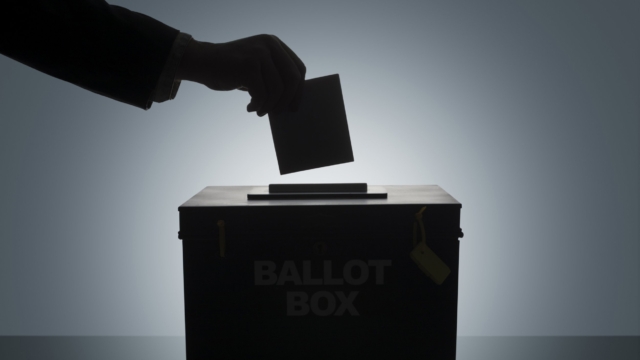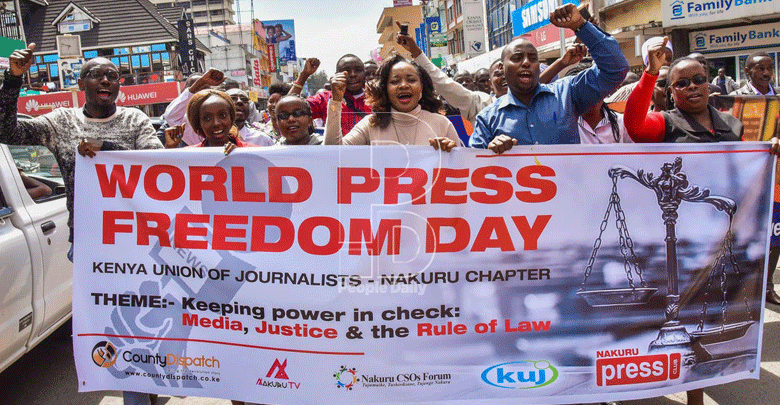Journalism and drawing the line in crime reporting

There has been no shortage of spate of crimes across the country. The most recent and high profiles ones have been in Kajiado, Embu, Nakuru but really crime is not limited to these towns.
When crimes occur, as is to be expected, the police should swing into action to ensure that the criminals are brought to book.
The task of bringing criminals to justice is not confined to the police alone, but to the collective society.
Police can only be effective when the larger community cooperates, reports criminals in their midst, gives police tips on where criminals may be hiding, and essentially making it hard for criminals to survive.
This can be greatly aided when the police work in collaboration with the media. How should journalists report crime?
The crime beat is a major source of copy in the newsroom. The public is interested in all the activities of criminals across the chain of crime.
This includes their strategies, their execution of their plans, their engagement with law enforcement officials, the trials in court when they are caught and are being prosecuted, the mind of the defense lawyers who appear for them, and so on.
Every one of those stages can generate great copy: the shaping of the criminal mind through their upbringing, their networks, their areas of operation to enable the public know which spaces to avoid among others.
It is probably a question over what the reporter should emphasize. On the one hand there is the sordid criminal act, but on the other there is the colour associated with it. Kenyan police can provide that colour in abundance.
It may be in the form of bad grammar, flowery colourful language, or simply some drama of their own.
Of course, this is hugely entertaining and of interest to the public. Then there is the crime itself. What should the journalist focus on?
The journalist, as a member of society, cannot be disinterested and neutral in the efforts to eliminate crime.
Journalism is in service of the good of society while crime is diametrically opposed to that. As such a journalist must take sides in service of the good of society.
It is hardly a dilemma what side the journalist should be on when a country is in a state of war.
That is not the time to be objective, but to aid the survival of the nation state as a function of a patriotic citizen.
Would a journalist, in the name of objectivity, be allowed to reveal information that would be deleterious to the existence of the very state they pledge allegiance to? The answer is indeed clear.
Thus, while news stories are supposed to be balanced, objective, fair and so on, such tenets of the trade only apply in certain circumstances.
Which leads us to a critical question on whether, in observing the tenets of journalism, a journalist should be so faithful to these tenets to the extent of being counter-productive to the existence of society?
Criminals sometimes rely on the information provided by journalists to enable them to evade arrest and confuse the police.
One such example is the reporting of police reliance on the cell phones held by criminals as a tool in the investigations exercise.
The case of the “rogue” Nakuru cop comes to mind where it was in the public domain, that the police on her trail were seeking to rely on signals from her cell phone and to use that information to close in on her.
This gives away one critical clue to the criminals that the first thing they should get rid of when fleeing from the police is the cell phone. Such reporting does not help the police solve the crime.
It may be an issue of controversy among journalists, but it seems clear, that on the matter of reporting crime, the media has a responsibility to report in the interest of the public and thus support the work of those who seek to keep the public safe. —The writer is dean, School of Communication, Daystar University









